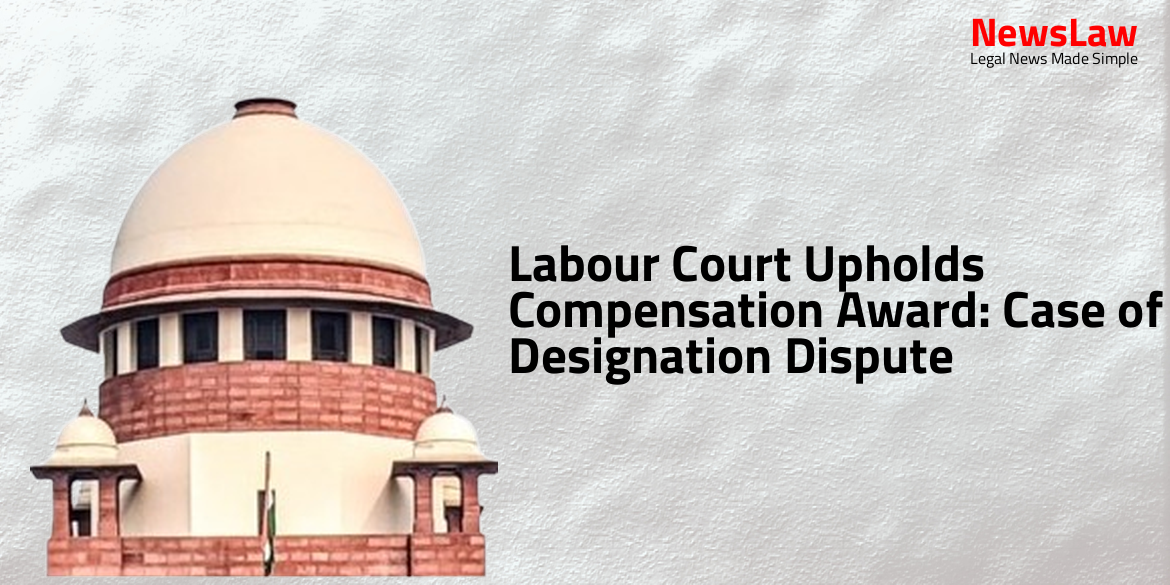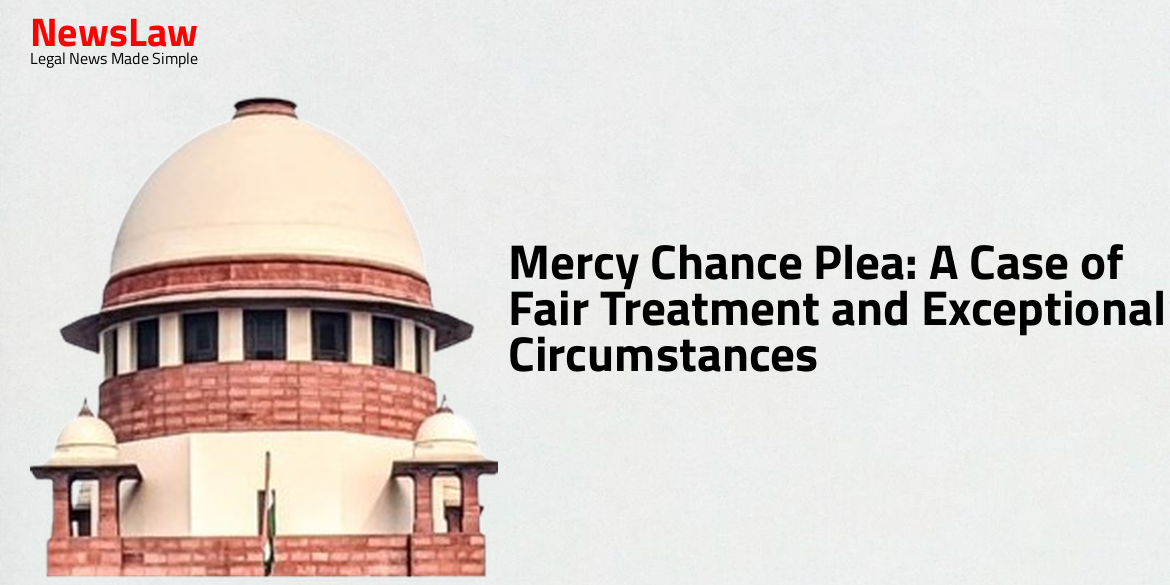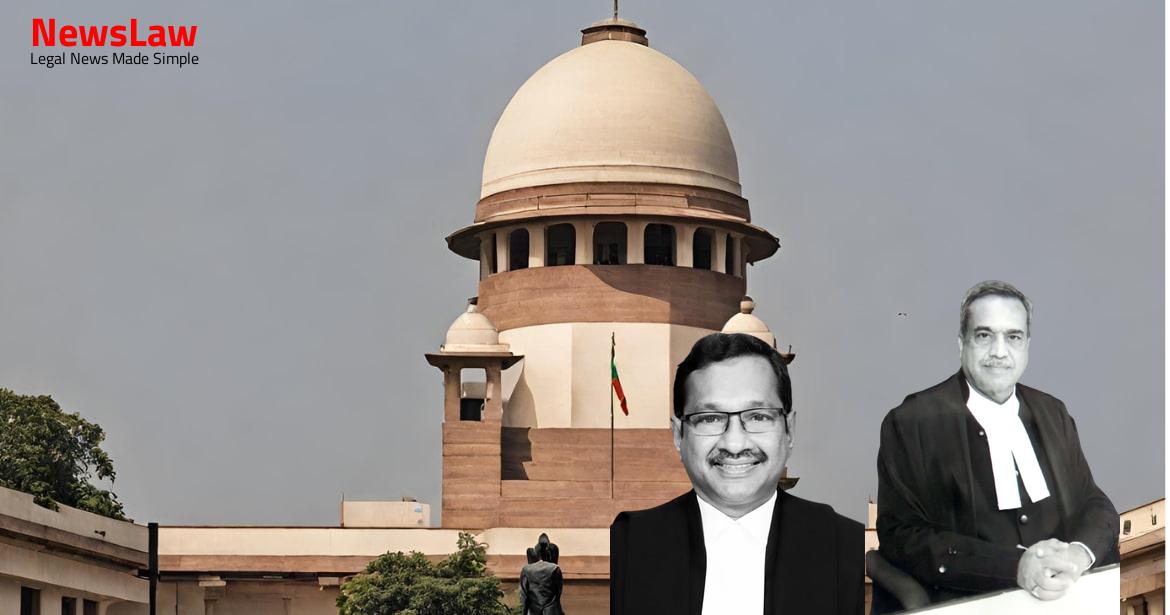In a recent judgement by the Delhi High Court, the Labour Court’s decision regarding compensation in a case of designation dispute has been upheld. The court ruled in favor of the workman, ordering the management to pay a lump-sum compensation of Rs. 200,000 within one month. The case sheds light on the importance of resolving designation disputes and ensuring fair compensation for employees. Let’s delve into the details of this significant judgement.
Facts
- The Labour Court failed to appreciate that the workman has consistently been receiving the salary prescribed for unskilled work without objection.
- The judgement of the Industrial Tribunal regarding the workman’s designation does not align with the ‘skilled’ designation in the minimum wage schedule for certain industries.
- The petitioner management clarified in their Written Statement that the matter should be stayed or put in abeyance until the designation dispute is resolved, a step the Labour Court failed to take.
- If the High Court were to set aside the Industrial Tribunal’s award in the designation case, the impugned award regarding the workman’s compensation could also be invalidated as it is based on similar grounds.
- The Labour Court wrongly involved precedents from unrelated cases and failed to consider the lack of urgency in seeking a stay during the pending Writ Petition.
- The failure to challenge the Industrial Tribunal’s decision on the workman being ‘unskilled’ in the transfer matter was overlooked by the Labour Court.
- The learned Labour Court decided in favor of the respondent workman, stating he is entitled to a lump-sum compensation of Rs. 200,000 to be paid within one month by the petitioner management.
- The court highlighted that reinstatement is not possible as the management is closing down, hence the workman is entitled to unpaid wages of skilled/semi-skilled category.
- Retrenchment compensation calculated by the management was deemed inadequate and illegal due to failure in considering wages of skilled and semi-skilled workers granted by POIT in 2009.
Issue
- The issue at hand is whether the stayed award of the Industrial Tribunal can be relied upon by the learned Labour Court to determine entitlement to compensation.
- The Workman in question was receiving the salary of “unskilled” labor from the date of appointment until the time of retrenchment.
- The specific issue to be addressed is the reliance on the stayed award in the decision of the Labour Court regarding compensation entitlement.
- The central question for adjudication is whether the Labour Court’s award warrants intervention under Article 226 of the Constitution of India.
Arguments
- Petitioner argues that the impugned award was passed without considering all facts and circumstances.
- The petitioner claims that the workman formed a union and sought redressal for grievances, leading to unjust punishment by the management.
- The Industrial Tribunal’s findings on transfer orders were deemed illegal and unjustified by the petitioner.
- The petitioner suggests that the retrenchment compensation may not have been intentionally underpaid.
- The Labour Court’s failure to appreciate the workman’s long service span and unchallenged designation as unskilled is highlighted by the petitioner.
- The petitioner asserts that the impugned award should not be set aside without showing any illegality or perversity in the same.
- The Ld. ARM argues against granting designation to the claimant based on correct calculations of retrenchment compensation and notice pay.
- The claimant previously filed a case against his transfer and the POIT determined that he was doing an unskilled job.
- The award from the case was not challenged by the claimant before any forum, making it final and operating as res-judicata.
Analysis
- The learned Labour Court held that the management erred in not calculating notice pay and compensation according to the 2009 award, violating section 25-F of the Act.
- Witnesses did not support the claim that the workman had become surplus or that there was sufficient work at the time of retrenchment.
- The designation case decided in favor of the workers by the POIT played a crucial role in determining the compensation due to the workmen.
- The impugned award considered the designation awarded in the 2009 decision while granting compensation to the workman.
- The workman failed to provide evidence contradicting the seniority list and attendance register presented by the management.
- The POIT observation in the transfer case did not act as res judicata in the determination of compensation.
- The workman’s continuous service of over 20 years was a significant factor in the determination of compensation.
- The court rejected the management’s argument that the award reference was stayed and therefore could not be relied upon for compensation calculation.
- The court discussed the principle of restitution entitling the successful party to be restored to the position they would have been if there had been no intervening stay or dismissal of the petition.
- The court referred to a case where the appellant challenged revised tariff rates, obtained an interim stay, and later faced a demand for additional charges upheld by the court after the tariff revision was upheld, emphasizing the obligation of restitution.
- In another case, interest on unpaid royalty remained stayed under interim orders, but on dismissal of the writ petition, the court held that interest should be paid at a reasonable rate unless specified otherwise.
- The court considered a situation where a management filed a writ petition challenging an industrial tribunal’s designation award, but on dismissal of the petition, the award was upheld, highlighting the duty of the court to restore parties to their pre-stay position.
- It was reiterated that upon dismissal of the substantive proceedings, the court is obligated to put the parties in the same position as they would have been if no interim stay or dismissal had occurred.
- The court differentiated between repeal and suspension of laws, stating that repeal removes the law entirely, while suspension still allows the law to exist in other respects except where it is suspended.
- Citing various judgments, the court emphasized the obligation of payment in case of closure due to financial difficulty, and discussed the liability for interest on stayed amounts in case of unsuccessful petitioners.
- Section 25-F of the Act sets conditions for retrenchment of a workman.
- Employer must give one month’s notice or pay wages in lieu of notice.
- Employer must pay compensation equivalent to fifteen days average pay for every completed year of service at the time of retrenchment.
- Notice to appropriate government is required for valid claim of compensation.
- Workman must have been in continuous service for at least one year with the employer.
- Continuous service is a requirement for claiming compensation under Section 25-F.
- In the present batch of petitions, the Court finds no merit and upholds the findings of the Labour Court.
- The management has failed to present any compelling arguments in their favor.
- The Labour Court consistently found the management’s retrenchment of workmen to be illegal due to inadequate compensation.
Decision
- The management is directed to pay Rs.2,00,000/- to the workman within one month of the award.
- If the payment is delayed, interest at a rate of 9% per annum shall be applicable until realization.
- Each party is responsible for bearing their own costs.
- The award is to be sent to the Govt. of NCT of Delhi for publication.
- The case file is to be archived in the record room.
- The judgment is to be promptly uploaded on the website.
- The impugned award by the Labour Court is upheld and the petitions are dismissed.
- The management must pay the compensation to the workmen within three months.
- Pending applications are also dismissed.
- The decision of Labour Court, Karkardooma, Delhi in case No. 185/10 is affirmed.
Case Title: SAWHNEY RUBBER INDUSTRIES Vs. SH. GAYA PRASAD (2024:DHC:4569)
Case Number: W.P.(C)-7962/2020



